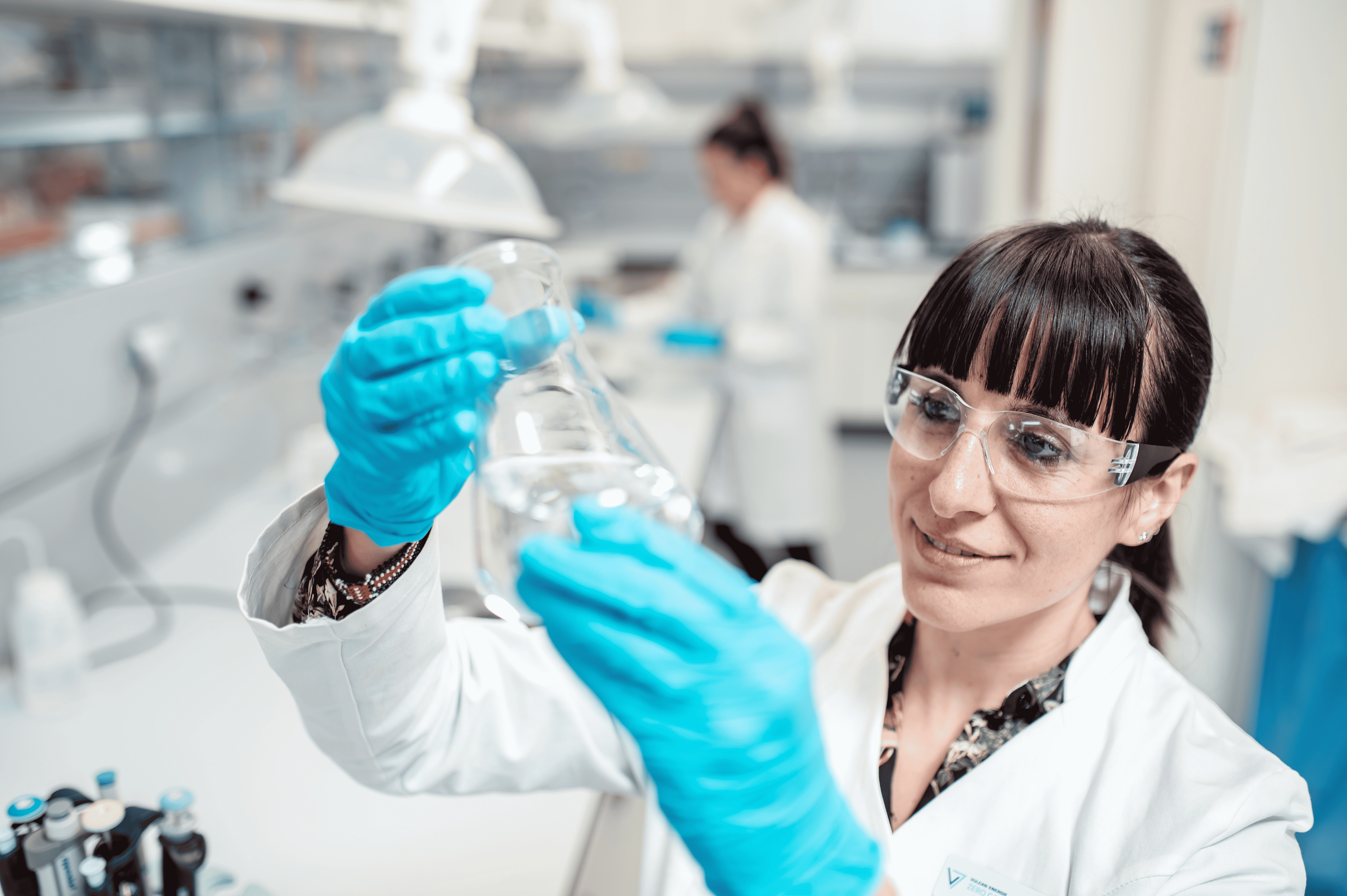
Vulcan has opened its Lithium Extraction Optimisation Plant (LEOP) in Landau, Germany. The start of operations at LEOP signifies the first lithium chemicals produced in Europe with an entirely locally sourced value chain. The renewable heat in the lithium brine resource at the Zero Carbon LithiumTM Project will also enable Vulcan to produce renewable energy with a net zero carbon footprint and co-production, a world-first in the lithium industry.
- Vulcan’s Lithium Extraction and Optimisation Plant (LEOP) was officially opened in Germany.
- It’s Europe’s first plant for entirely domestic lithium chemicals production, to secure Europe’s lithium supply chain for Battery Electric Vehicle manufacturers.
- As part of the Project, renewable heat in the lithium brine resource allows Vulcan to produce lithium with a net zero carbon footprint.
Vulcan has successfully tested and piloted lithium production in the Upper Rhine Valley Brine Field for nearly three years, including at its pilot plants in Insheim and Landau. Over 10,000 hours of in-house pilot plant performance testing has been conducted, showing high lithium recoveries and thousands of cycles of sorbent life with no degradation, according to the company.


Vulcan uses its proprietary in-house sorbent, VULSORB®, which has shown a high performance compared to “off the shelf” products. Vulcan claims that its sustainable lithium production process, which accounts for 10% of global lithium production today, can be successfully applied in the Upper Rhine Valley, heated and powered by geothermal renewable energy. This means that Europe can not only produce its locally sourced lithium for battery electric vehicles but also do so with a net zero carbon footprint.

Phase One
Vulcan’s LEOP will serve as an optimization facility and training ground for its production team, producing tonnes of lithium chloride, whilst the Phase One commercial plant is being constructed and commissioned over the next two and a half years. Currently, the EU has set a target of 100% of vehicles to have zero emissions by 2035, indicating Europe will see a 57-fold increase in lithium demand in the coming years; until now, there has been no local lithium supply. Vulcan’s Zero Carbon LithiumTM Project, with integrated renewable heat, renewable power, and lithium production, can pave the way for Germany and Europe toward achieving a net zero shift in mobility and energy.
Once Phase One commercial production commences, Vulcan’s business will produce enough lithium hydroxide for 500,000 BEVs, as well as provide renewable heating to local communities and generate thousands of direct and indirect energy transition jobs.

